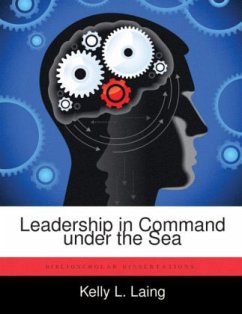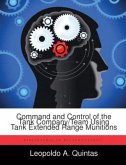Utilizing the problem-solution format, this research paper explores the effects of leadership styles in the U.S. submarine force that have perpetuated from its inception and the effects that they have on the operational effectiveness of the submarine crews. It explores the effects of Admiral Hyman G. Rickover's leadership style and how the emphasis on nuclear power has reduced the operational effectiveness of today's force. Additionally, the paper explores the difference between apparent and actual leadership training in the submarine force and how a focus on technical acumen over tactics and leadership has created an environment where toxic leadership styles can flourish. Two case studies are used to analyze the effects of toxic leadership on submarine crews along with the example of one leader that was able to make a significant impact for one crew in the midst of a toxic leader. This paper finds that the current leadership training model and focus is insufficient forthe needs of up-and-coming commanding officers. It recommends implementation of two integrated solutions that would ensure we remain the premier subsurface navy in the world.








